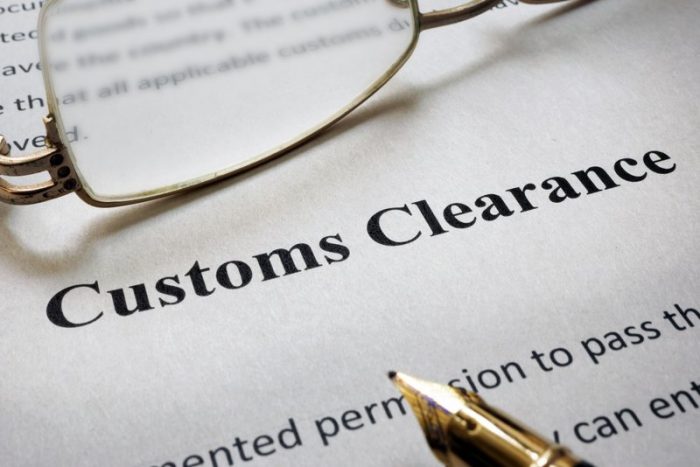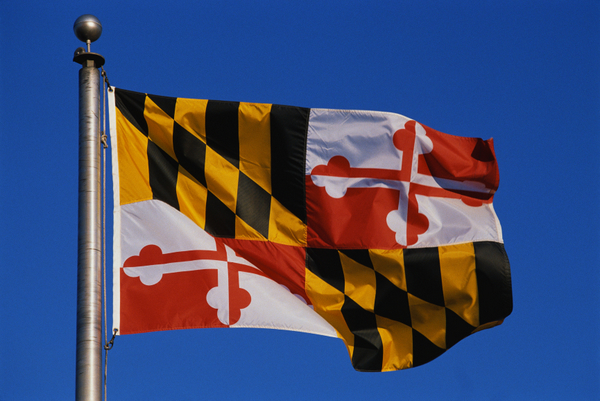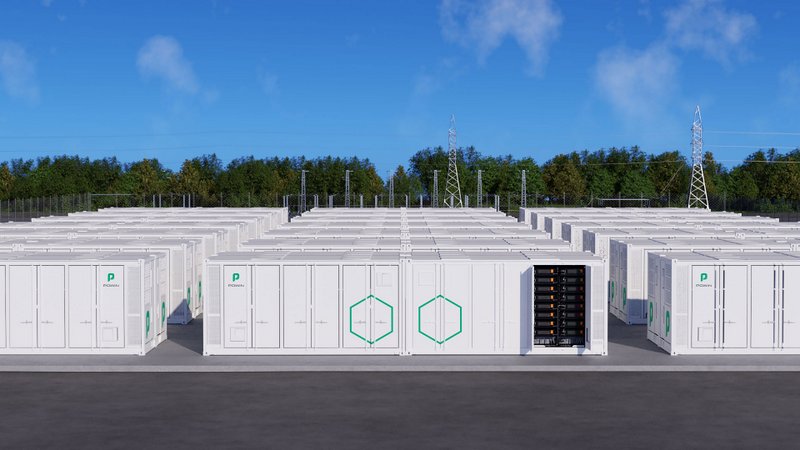Maxeon comments on detention of solar panels from its Mexico facilities

Maxeon solar panels shipping from Mexico continue to be detained by U.S. Customs & Border Protection (CBP) — inexplicably so, according a statement issued by the company last week. The statement read:
“Despite having fully and transparently mapped its supply chains and provided U.S. Customs & Border Protection (CBP) officials with thorough traceability documentation of its clean supply chain, CBP reviewers have alleged a lack of sufficient documentation to prove Maxeon’s compliance with the Uyghur Forced Labor Prevention Act (UFLPA), which the company vehemently refutes, having provided clear and objective evidence to the contrary.”
Maxeon detainment timeline
Three separate Maxeon products manufactured in Mexico for use in the United States were first detained in early July, including Maxeon 3 and Maxeon 6 residential solar modules, and Performance 6 commercial modules.
Since then, all shipments have been subsequently excluded, even though Maxeon believes they have clearly established the supply chains for each, from quartz to module, are outside the scope of the UFLPA because they are produced entirely outside of the Xinjiang Uyghur Autonomous Region (“XUAR”), and in the case of Maxeon 3 and Maxeon 6 entirely outside of China, and by entities not on the UFLPA Entity List.
On October 7, Maxeon submitted additional applicability packets relating to the detention of 156 containers of its Performance line panels and on November 6, while CBP still made no findings of forced labor in violation of UFLPA, it has determined to continue to exclude Maxeon’s Performance line modules.
The company plans to submit one or more protests pursuant to Sections 514 & 514(a), Tariff Act of 1930 as amended, 19 CFR Part 174 et. seq. for the detention of its Performance line products.
Additionally, on Sept. 27, Maxeon submitted a protest for the detention of a container of its Maxeon 6 products and filed a similar protest on Oct. 4 with respect to its Maxeon 3 products. On Oct. 8, CBP suspended these protests and sent them to its Office of Regulations & Rulings in Washington, D.C. following Maxeon’s application for further review.
“Maxeon has now moved review of its Maxeon 3 and Maxeon 6 products into the next level of review, called the Application for Further Review (AFR) process, and will submit a protest for its Performance line products,” Mulligan added. “These processes will engage a new team of CBP reviewers who we hope will be able to provide an objective application of the UFPLA. We remain optimistic that this new team will be able to expeditiously reach the right conclusion and clear our products for importation.”
Maxeon in Mexico
Maxeon is the largest solar panel manufacturer in Mexico. In July 2023, Maxeon expanded and renovated a manufacturing plant in Mexicali, Baja California — a capacity increase of 1.8 GW/year. Maxeon also owns a second manufacturing site in Ensenada, Baja California, Mexico. The two plants have a combined production capacity of more than 2.5 GW/year.
Maxeon has built up that Mexico manufacturing base to try to avoid the hurdles of importing solar panels from China and Southeast Asia. Maxeon also has manufacturing facilities in Malaysia and the Philippines, and is on track to open a plant in the United States this year in New Mexico.
“Over the past twenty years we have consistently taken extraordinary measures to ensure a clean and traceable supply chain that have cost us hundreds of millions of dollars more than our competition,” states Maxeon out-going CEO Bill Mulligan. “CBP has found no evidence of non-compliance with the UFLPA. Nonetheless, the Partnership track (under CTPAT) of CBP Electronics Center of Excellence and Expertise has decided to bar entry of our products.”
Maxeon and UFLPA
Maxeon reiterates that they are are strong proponents of the UFLPA and have provided CBP with “tens of thousands of pages of documentation, including numerous walk throughs for explanation of standard manufacturing and shipping processes.”
“None of our supply chains involve entities on the UFLPA list, two of our supply chains do not even enter China, and yet the reviewers have declined to make the appropriate determination that UFLPA does not apply,” stated Maxeon out-going CEO Bill Mulligan. “This outcome is even more disappointing given the pressing need to facilitate our country’s transition to clean energy.”
The Uyghur Forced Labor Prevention Act was signed into law by President Joe Biden in December 2020. This legislation was the U.S. response to claims of the use of forced labor of Uyghurs in the Xinjiang Uyghur Autonomous Region (XUAR) in the People’s Republic of China. Maxeon has been a vocal advocate supporting UFLPA compliance across the solar industry supply chain.
In 2022, Maxeon voluntarily previewed its supply chain with CBP for full transparency, with no issues raised at the time or subsequently noted. Maxeon also took the step of publishing detailed supply chain maps on its website that disclosed full supply chain details including vendors and manufacturing locations from quartz through finished panels.
Since 2022, Maxeon has made over 8,000 shipments from Mexico into the U.S. in full compliance with UFLPA.





Comments are closed here.